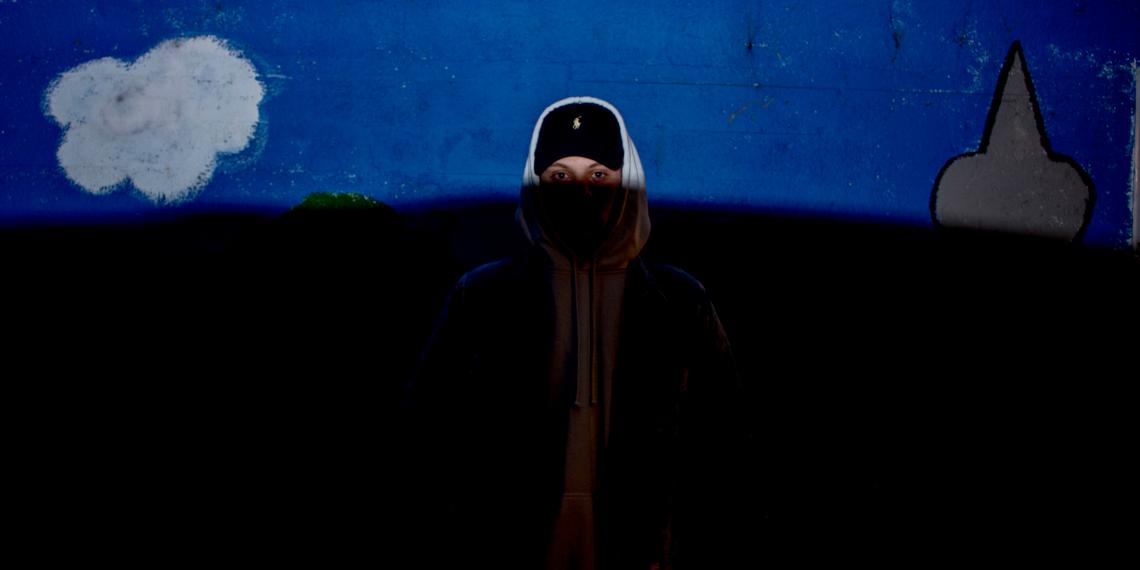You are here
Submission to Oranga Tamariki (Youth Justice Demerit Points) Amendment Bill
It is very positive that there are moves to try and reform parts of this youth justice system.

Posted October 28, 2020
General Comments:
- The Salvation Army was disappointed at the short timeframe that was originally given to respond to this Bill. But we are very glad that this has been extended. It is very positive that there are moves to try and reform parts of this youth justice system. And although this is a system that The Salvation Army is not working directly in, there are very clear links between our Christian spiritual and social services with young people and their whānau involved with the youth justice system. We have in the past advocated for changes to this system, with a specific focus on calling for the restorative justice essence of this system to be strongly promoted and realised through Family Group Conferences (FGCs) and youth courts.
- The Salvation Army has some more specific recommendations below outlined further in this submission. At this point, some of our general recommendations are:
- There should be a comprehensive consultation process with the youth sector, and in particular those involved in youth offending, to inform this policy development and any future reviews of this system;
- We call for a more comprehensive review of the youth justice system that should be done with key actors in the sector stated above. The Youth Crime Action Plan 2013– 2023, released in 2013, is nearing the end of its cycle. It is timely to review this plan based on the current and emerging developments and trends in the system;
- More investigation into how (if the Bill progresses) a demerit points system will interact with the Rangatahi and Pasifika Courts that are generally producing some very positive outcomes for young offenders.
Photo by Ilya Schulte on Unsplash